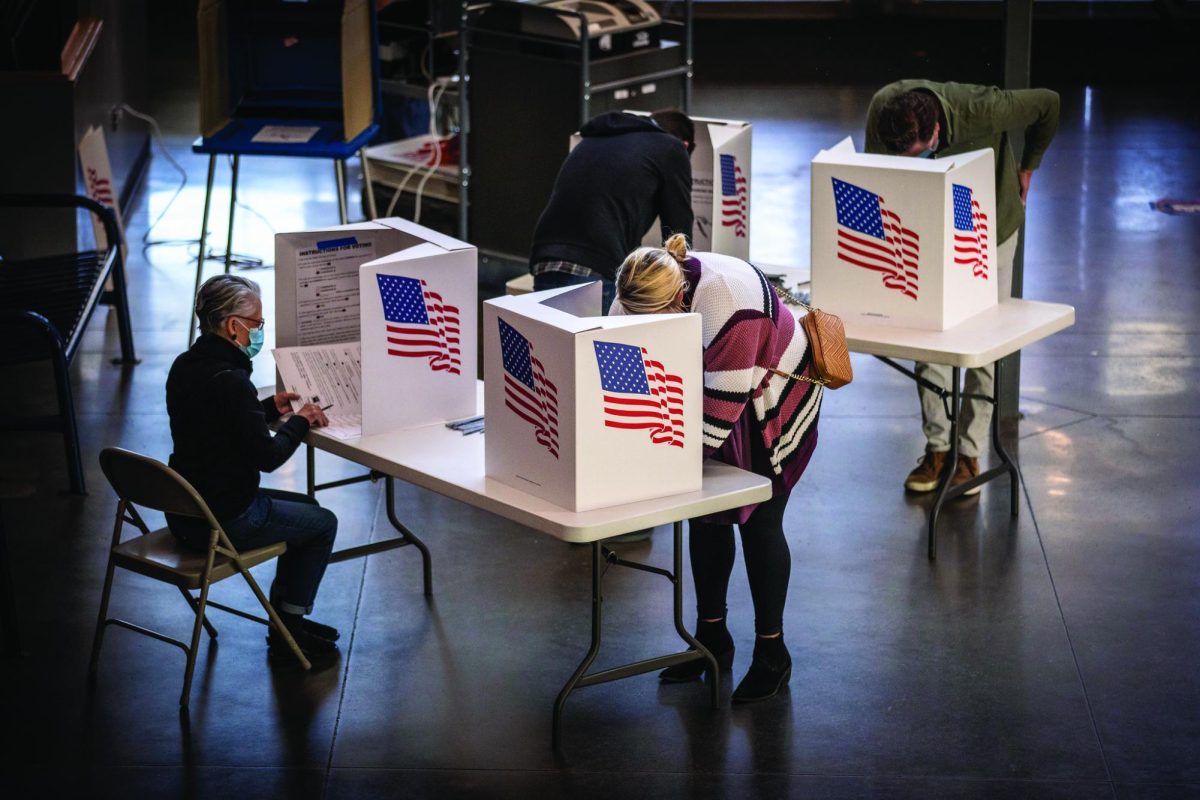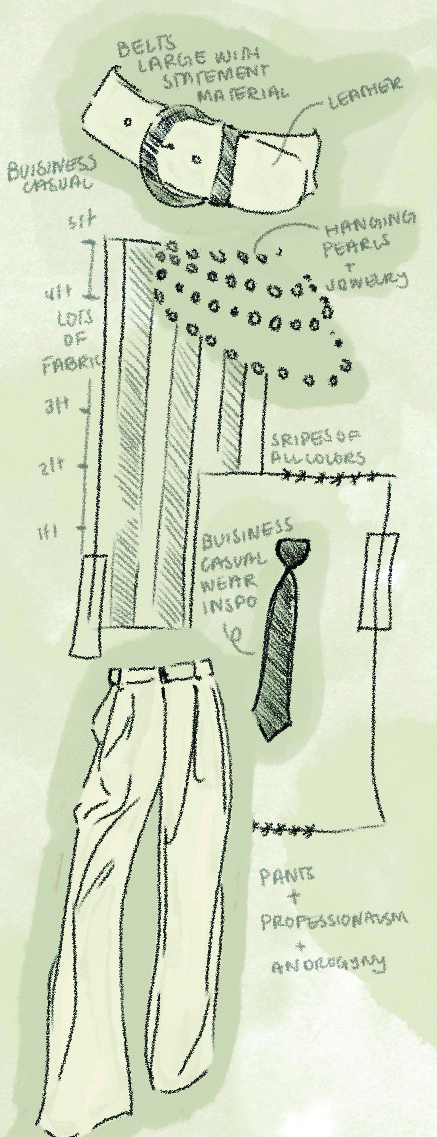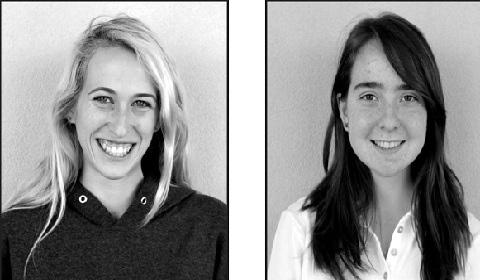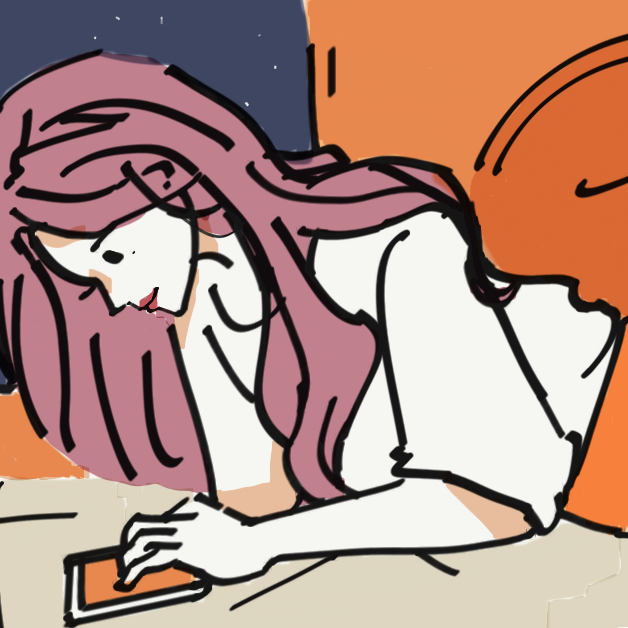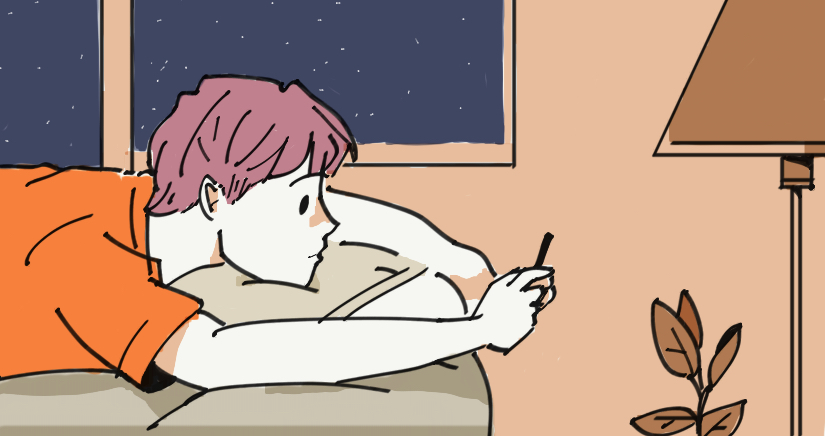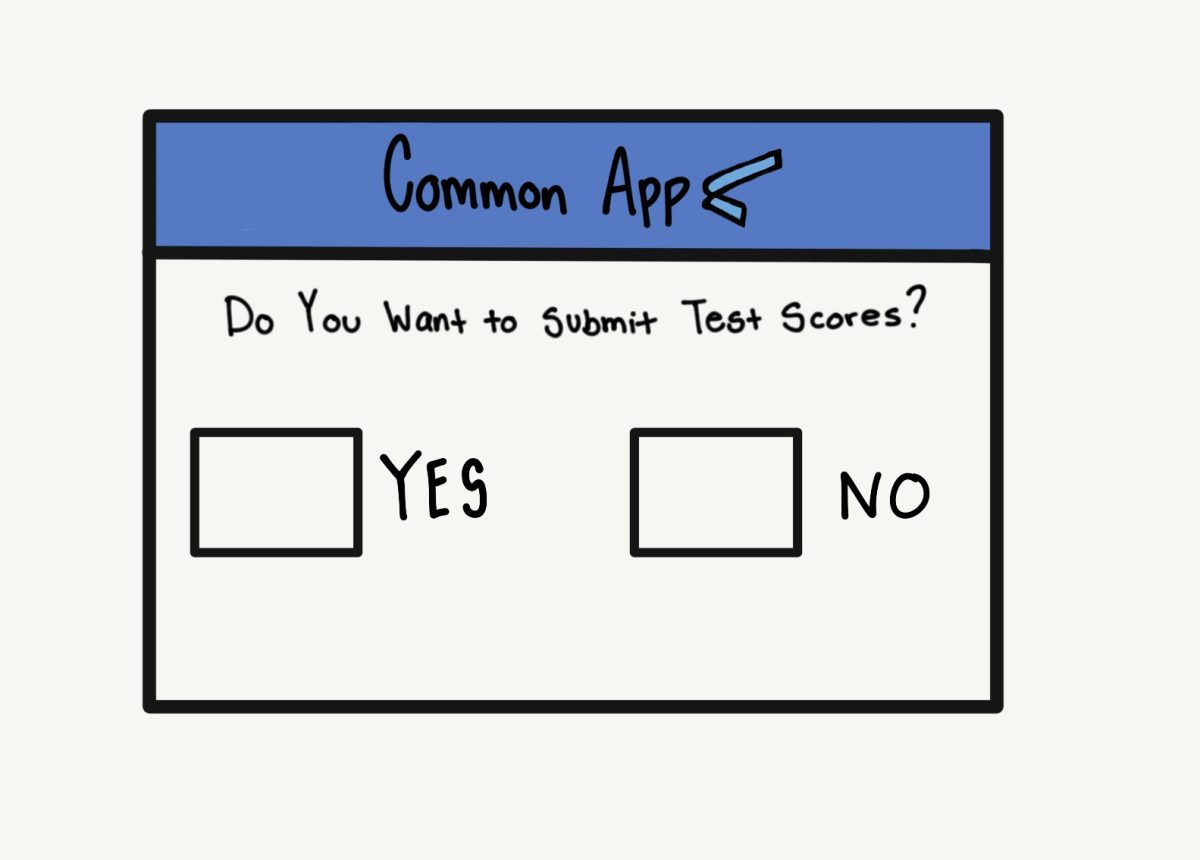Morgan ’15
Recently, I decided to join the 21st century and signed up for the relatively new fad called “Facebook.” This hours-sucking website was fun and exciting; I got to see how all of my middle school friends were doing and got to bond a bit with those in my grade whom I usually don’t really talk to, whether it be through posting frantic messages asking about a homework assignment or merely writing “Happy Birthday :)” on someone’s wall. Photos and Facebook posts really can reflect someone’s personality fairly accurately, and, as stalker-ish as it sounds, lots of information can be gleaned by browsing through other people’s photos. Why? Because Facebook, along with other social media accounts, allows us to display our private lives to other people, be they real friends, virtual friends, or even total strangers. Because of this openness, it is important that social media remains safe, especially since the majority of high schoolers are still minors. Schools should monitor students’ accounts to ensure that the students’ safety is not compromised.
Parents trust schools to oversee the safety and welfare of their children, and the monitoring of social media should be included in this safekeeping. Many times, Marlborough hosts guest speakers who lecture about the dangers of the Internet and instruct students on ways to avoid “Scary Harry,” the chat room stalker-pedophile. While some may argue that parents should be in charge of looking after their children’s social media accounts, many parents may be oblivious, uncaring, or perhaps incapable.
Much like how teachers are obligated by law to report something they consider to be dangerous to the School or its students, the School should be able to see students’ social media accounts to ensure nothing dangerous is happening. Bullying is a prevalent issue, exacerbated by students’ ability to anonymously insult other people from behind the safety of a computer screen; bullying might be more effectively prevented if schools had access to their students’ online profiles. Other issues that Marlborough teacher and administrators are vigilantly concerned about, such as depression, eating disorders and suicide, can also reveal themselves on social media accounts.
Inappropriate pictures and offensive comments could also be kept in check, helping us keep our social media platforms clean in case a college admissions officer or a potential employer one day examines our social media accounts. While this idea sounds invasive and strange to some, it could be very helpful in keeping track of students’ safety while also serving as a healthy reminder that all things posted on the internet remain there forever for lots of people to see. Even after we try to delete them, the traces of files can still be found on the Internet, much like those embarrassing toddler photos that still pop up around the house no matter how hard you try to burn them.
Pilar ’15
Marlborough depends on members of its community to trust each other. Teachers trust students not to cheat on assignments; students trust other students not to steal. According to The Understanding, the School “is a community built on honor, trust, individual responsibility, and mutual respect.” Moreover, the Understanding explicitly states that “self-discipline is more valuable than imposed discipline.” The School expects students to monitor themselves when it comes to representing the school in a positive light, and that expectation should likewise extend to social media. Students have a responsibility to behave appropriately and safely, and the administration should only get involved in a student’s online presence if there is a credible report of a student acting in a way that could hurt the School’s image or another person.
If the School were to demand access to students’ social media profiles, a part of their lives which they have chosen to make personal and keep separate from school, it would not only seem purposeless but contrary to the very principles outlined in the Honor Code and the Understanding. Marlborough already trusts its students to behave appropriately outside of school (e.g., juniors’ and seniors’ off-campus lunch privileges), so why shouldn’t that trust also apply to social media? Social media profiles are not, by any means, private, but they are personal. Therefore, it is important for the school to trust the students to behave respectfully online and represent Marlborough well.
The only case when the School should access a student’s social media profile is if there has been a report to the administration of online misconduct, such as cyberbullying or repeated posting of offensive comments. And even in such a case, the School should not continue to monitor the student’s social media profile but should only access it in order to help confirm or deny the allegations of a student’s misconduct. For the administration to get otherwise involved with a student’s social media presence would be to unnecessarily involve themselves in her personal life and break the School’s special brand of trust.
In Sept. 2013, The Los Angeles Times reported that the Glendale Unified School District hired Geo Listening, a firm that works to prevent cyberbullying by monitoring students’ social media profiles with the aim of “unearthing the earliest signs of bullying and self-harm.” The company’s computers sift through public posts on social media platforms such as Facebook, Twitter and Instagram, alerting company analysts when they find posts that could suggest bullying, drug use, cutting class, or even profane language. These analysts then decide whether or not a post warrants an intervention or violates the school’s code of conduct before reporting it to the administration. The Glendale school district reportedly pays $40,500 per year for this service, which has garnered mixed reviews from parents and students alike. While this is an extreme example, it effectively demonstrates the lengths to which schools are willing to go to gain access to their students’ social media profiles.
Such lengths are unnecessary, especially given the trust Marlborough places in its students, which should be applied to students’ lives on the Internet.




